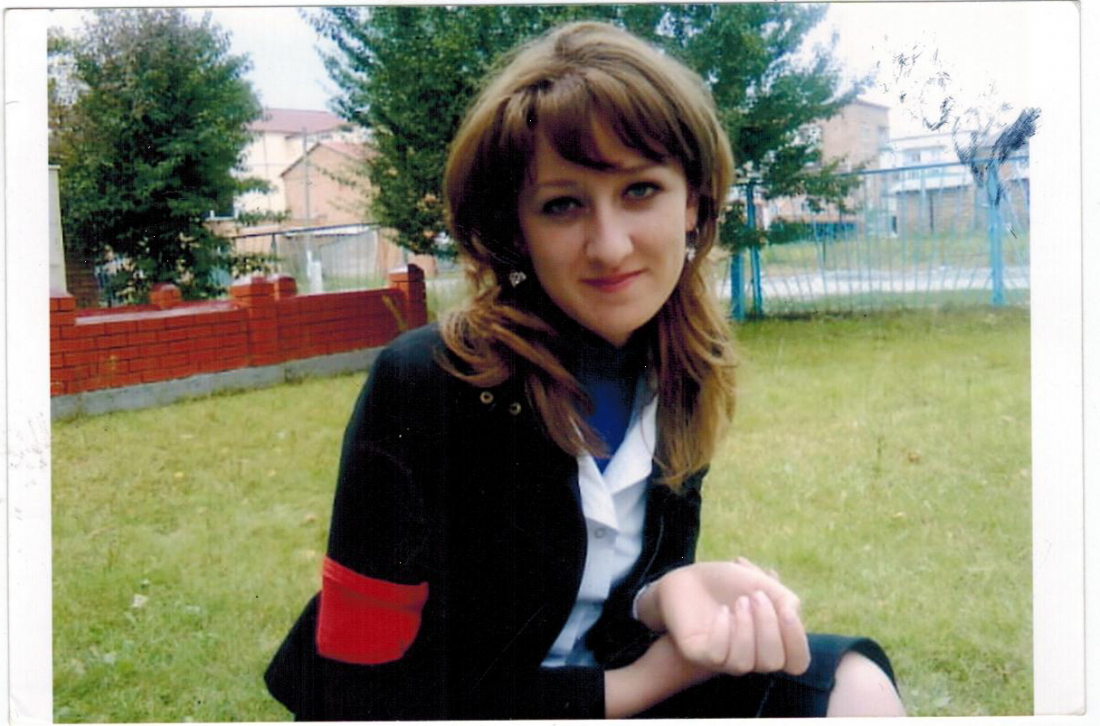 On 12 February 2015, the European Court of Human Rights communicated a case to the Russian Government concerning the lack of investigation into circumstances that led a young woman to lapse into a coma in Ingushetia. The case concerns a young woman who was kidnapped into marriage, and later returned to her mother’s house, having lapsed into a vegetative state. She had previously been in very good health all of her life.
On 12 February 2015, the European Court of Human Rights communicated a case to the Russian Government concerning the lack of investigation into circumstances that led a young woman to lapse into a coma in Ingushetia. The case concerns a young woman who was kidnapped into marriage, and later returned to her mother’s house, having lapsed into a vegetative state. She had previously been in very good health all of her life.
The applicant is the young woman’s mother, who, after her daughter was kidnapped for marriage at age 19, demanded her return home. Subsequently, the young woman’s male relatives on her father’s side abducted her and physically assaulted her, demanding to know if she had had intimate relations with her kidnapper. They then returned her by force to her new husband’s home, and threatened to kill her and her husband if she returned to her mother. The applicant’s daughter lived with her husband and her mother-in-law in Galashki, Ingushetia for approximately two months, during which time she was almost completely cut off from the outside world. She rarely had access to a telephone, but she managed to call her mother and complain of psychological pressure and threats from her mother-in-law, and of being locked in a room by herself.
Less than a month after her marriage, the applicant’s daughter was twice admitted to hospital for severe digestive problems. One of her diagnoses was poisoning by an unknown substance. Soon thereafter the applicant’s daughter began to suffer from fits during which she would lose consciousness and foam at the mouth. In a short space of time the fits worsened, and the applicant was admitted to the Sunzhenskiy district hospital in an unconscious state, and shortly thereafter, on 2 February 2010, she lapsed into a vegetative state, unable to even breathe on her own. She was returned to her mother’s home in a coma, and has never recovered.
The applicant never received a definitive diagnosis of her daughter’s condition or how it occurred.
Over several years, the applicant appealed to the authorities to initiate a criminal investigation into the circumstances that led to her daughter’s deterioration, but none has been opened to date.
RJI submitted several complaints on the domestic level starting in 2012, pointing to glaring omissions in the preliminary investigation. Domestic courts in Ingushetia several times overturned decisions by investigators not to open a criminal case, but the investigation made no progress. An application to the ECtHR was submitted on the applicant’s behalf in March 2014.
“This case is illustrative of the extreme vulnerability of young women in Ingushetia and the difficulty of obtaining an investigation into threats against their lives and well-being,” said Grigor Avetisyan, SRJI Legal Director. “We hope the proceedings at the Court will help the applicant to gain at least a basic understanding of what happened to her daughter and will draw attention to the problems faced by women in region.”
For more information:
In Moscow: Grigor Avetisyan, Legal Director, SRJI: +7 (495)915-0869; +7(926)422-9126
